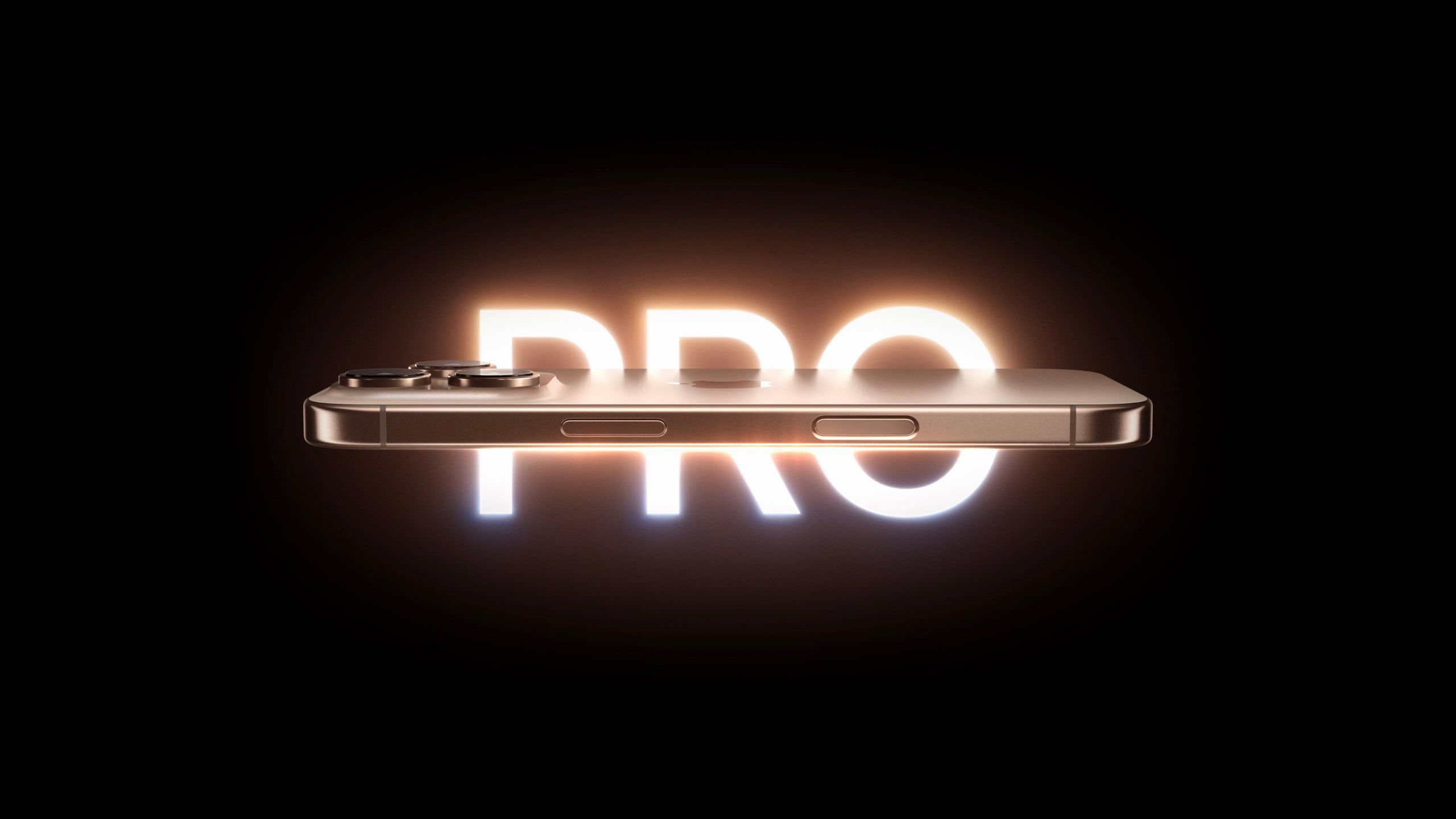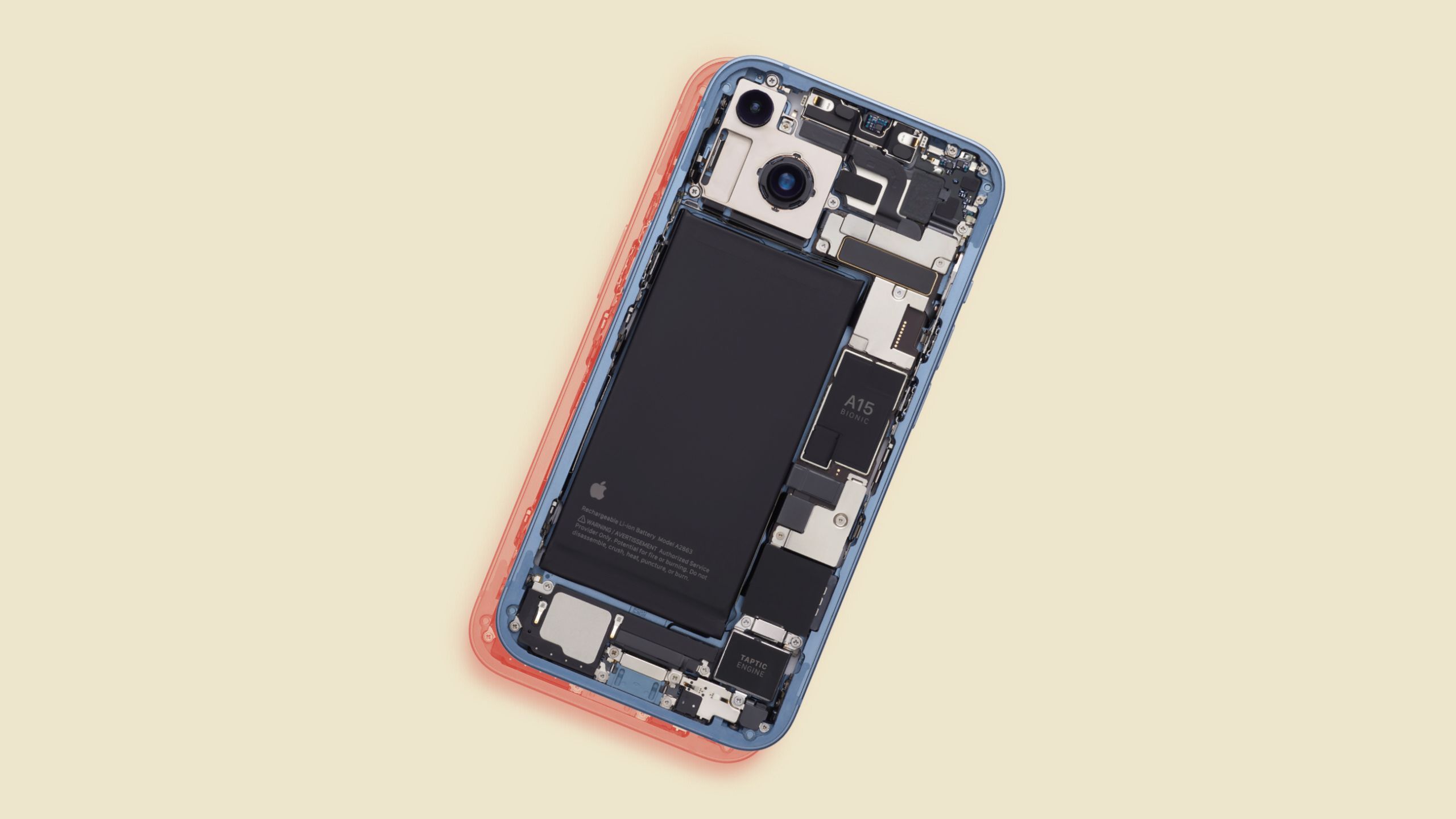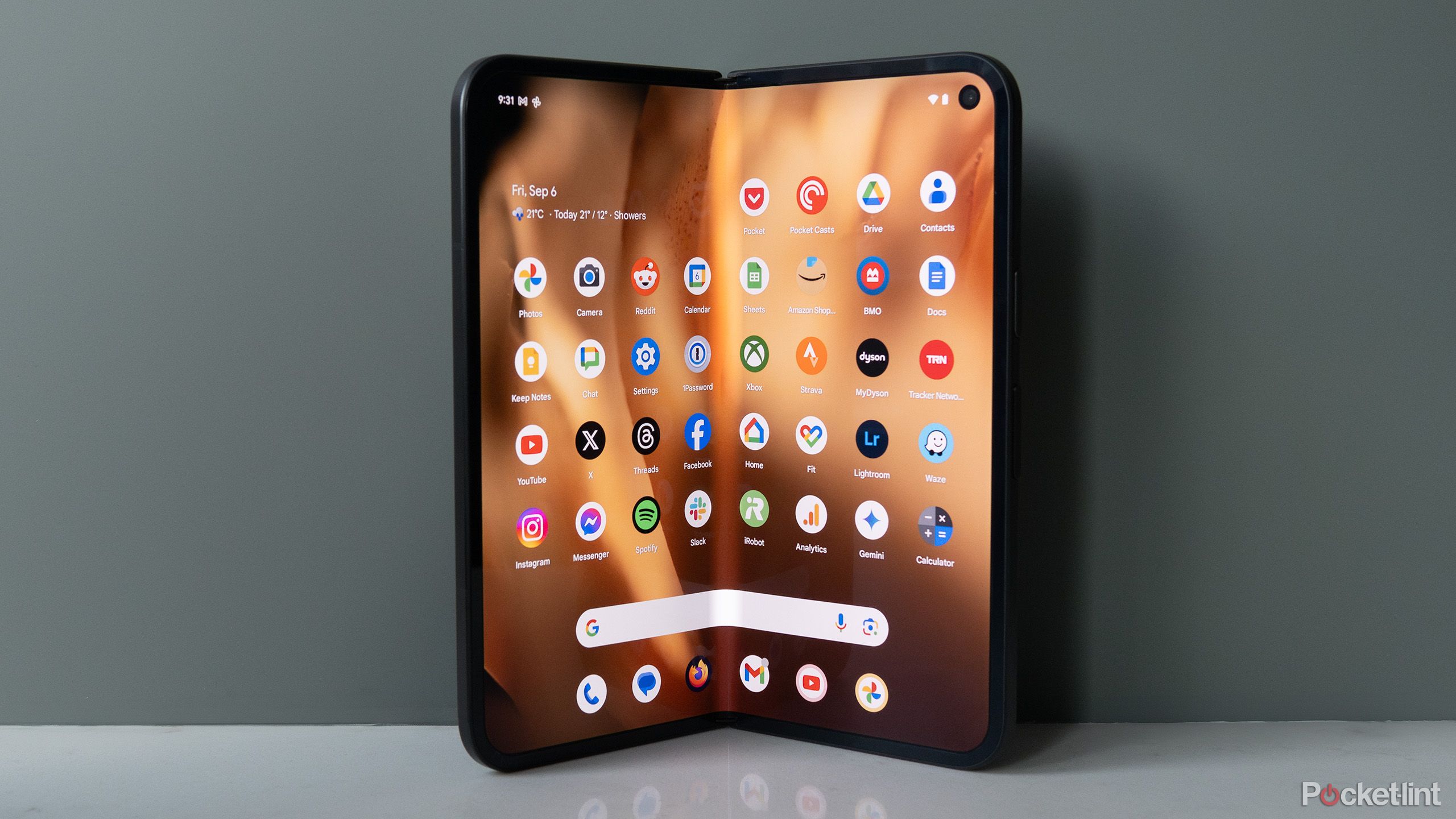Apple is increasing the cost of replacing your iPhone 16 Pro battery
Key Takeaways
- Apple has increased the battery replacement cost on iPhone 16 Pro to $119
- Battery replacement remains $99 for standard models like the iPhone 16 and older
- AppleCare+ only offers free replacement for batteries under 80% health
The cost of living never seems to stop rising. Even when prices don’t go up, the evil habit of shrinkflation ensures that we’re getting less for our money than we were in the past.
Nowhere are price rises more obvious than in the smartphone market. The original iPhone cost $499 at launch. Even adjusted for inflation, that’s less than the base model of iPhone 16 which is priced at $799. The most expensive models are now through the roof, with the cheapest model of the iPhone 16 Pro costing $999, and the iPhone 16 Pro Max starting at an eye-watering $1,199.
It’s not just the prices of the phones themselves that continue to rise, however. As first spotted by MacRumors, the price of replacing the battery in the new iPhone 16 Pro and iPhone 16 Pro Max models has gone up. For the first time, the cost of replacing the battery in the smartphone you’ve already paid a small fortune for has risen to three figures, with the price now set at $119. Sadly, prices look set to continue to move in one direction only.
Apple iPhone 16 Pro
Apple’s iPhone 16 Pro line features a few notable upgrades over last year’s iPhone 15 Pro, including a dedicated camera button, a new A18 Pro chip, a bigger screen, and several AI-powered Apple Intelligence features.
Replacing the iPhone 16 Pro battery out of warranty is now $119
The price has increased by 20% but standard models remain $99
Apple’s iPhone Repair and Service web page allows you to get an estimate for the price of a repair or service based on the model of iPhone that you own. If you select the Battery service type on the website and enter your iPhone model as the iPhone 16 Pro or iPhone 16 Pro Max, the estimated price now shows as $119.
In comparison, the iPhone 16 and iPhone 16 Plus both give an estimate of $99, as do all older models, including the iPhone 15 Pro and iPhone 15 Pro Max. The iPhone 16 Pro and Pro Max pack larger batteries than the other models, which may be why the replacement cost is higher for those models.
Replacement is free with AppleCare+ but there is a catch
You’ll still need to pay if your battery has 80% health or better
Even if your iPhone is less than a year old, you’ll probably still have to pay to replace the battery. Apple’s website states that your iPhone warranty doesn’t cover batteries that wear down from normal use. If your battery is defective, however, then you are eligible for a free replacement within the first year.
If you pay for AppleCare+, then you’re eligible for a free battery replacement if your battery is degraded. There’s a significant catch, however; you can only get a free battery replacement if your iPhone battery holds less than 80% of its maximum capacity. You can see the current percentage in the Battery Health section of your iPhone’s settings; my iPhone 15 Pro is currently at 92% after a year of use.
There’s a significant catch, however; you can only get a free battery replacement if your iPhone battery holds less than 80% of its maximum capacity.
However, some users on online forums aren’t too happy about this seemingly arbitrary cut-off point, complaining that their battery health is stuck at just over 80% despite giving significantly worse performance. Until that number drops below the magic 80%, their only option is to pay for the battery replacement instead.
Apple needs to sell phones to make money, but it’s not good for the consumer
Poor battery life can force us to upgrade even when we’d rather not
Apple / Pocket-lint
This price rise isn’t the first time that Apple has bumped the prices for battery replacement in recent years. With the release of the iPhone 14 models, the price jumped to $99 from the previous $69. That means that in two years, the price of a battery replacement for an iPhone Pro or Pro Max model has jumped by more than 70%. If the same trend continues, we could be paying over $200 to replace the battery in the iPhone 18 Pro in 2026.
Making it cheap and easy for people to replace their batteries isn’t something that would be good for Apple’s profits.
The trouble is, it’s not in Apple’s interest to make replacing your battery a cost-effective option. Apple makes money by selling iPhones; although the share is slipping, more than half of Apple’s revenue still comes from sales of its smartphones. In the early days of the iPhone, new models came with significant upgrades that gave iPhone owners a big incentive to buy a new device. These days there simply aren’t the same “wow factor” features to encourage people to upgrade their iPhones.
As the differences between models get less compelling, people are tending to hold on to their iPhones for longer. However, degrading battery life has a significant impact on usability, and can often persuade people to upgrade a phone that they’re otherwise perfectly happy with. Making it cheap and easy for people to replace their batteries isn’t something that would be good for Apple’s profits.
The problem is only likely to get worse
Phones continue to get bigger and more powerful
With the genuinely new features in new models of smartphones having dried up considerably in recent years, there are two key areas where smartphone manufacturers are focusing their attention to try to keep the upgrade cycle alive.
The first area is AI. Apple Intelligence isn’t part of the initial release of iOS 18, but the AI features will be rolling out over the following months. Apple Intelligence requires a significant amount of RAM, which means that the only devices that support it are the current iPhone 16 models, and the iPhone 15 Pro and iPhone 15 Pro Max. This is the first time in a long time that there has been a significant iPhone feature that isn’t available on older models and that could encourage people to upgrade who weren’t initially planning on doing so. However, the push for AI features means that phones are going to need to get more and more powerful.
With phones getting bigger and more powerful, larger and longer-lasting batteries are required to power these new features.
The second area is the size of devices. Apple hasn’t bitten the bullet yet, but several other major smartphone companies have introduced folding phones. These phones not only have larger screens when unfolded, but some also have additional screens that are visible when the phone is folded shut. All of that additional screen area requires additional power.
With phones getting bigger and more powerful, larger and longer-lasting batteries are required to power these new features. This means that the cost of replacing them is only going to rise, and smartphone makers are banking on the fact that if you’re going to have to pay hundreds of dollars for a new battery, you may as well just upgrade to a whole new phone.



